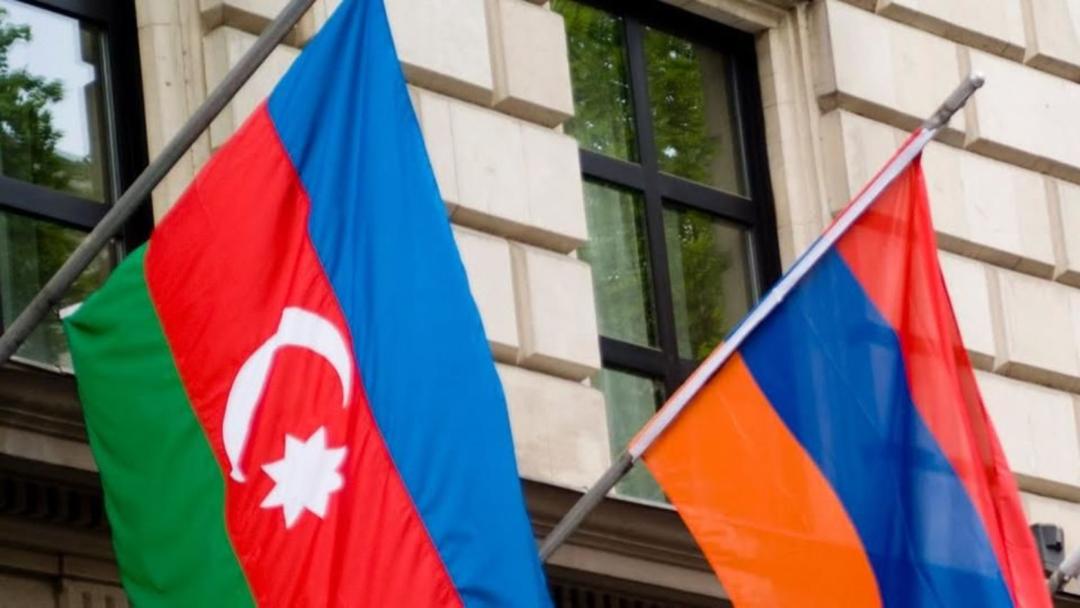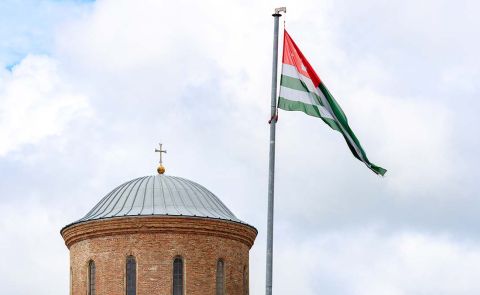
Constitutional Changes in Armenia and a New Era in Baku-Yerevan Relations

Armenia and Azerbaijan are edging closer to a major peace agreement, but the situation on the ground suggests that bilateral relations are likely to remain largely driven by power politics, i.e. which side has more military capabilities and enjoys greater external support.
Azerbaijan is demanding changes to Armenia's constitution, which would signal a major shift in the country's constitutional framework. While this move is ostensibly aimed at facilitating a peace process between the two countries, the reality is that relations between Yerevan and Baku will continue to be shaped by power dynamics.
Armenia and Azerbaijan are entering a critical phase in their complex bilateral relationship. The fall of Nagorno-Karabakh in September 2023 dashed hopes of independence or some form of autonomy for ethnic Armenians in the region, but unexpectedly brought the two nations closer to a possible peace deal.
Recent developments suggest a reduction in tensions between Azerbaijan and Armenia, particularly over the southern province of Syunik. The signing of a railway agreement between Iran and Azerbaijan in October 2023, facilitating transit to the Azerbaijani exclave of Nakhchivan, is seen as a positive step towards regional connectivity and a potential peace deal between Baku and Yerevan.
However, any peace agreement is likely to be only a roadmap of sorts, outlining broad principles such as mutual territorial recognition and border openings between Armenia and Azerbaijan, while deferring detailed discussions on issues such as border demarcation and the return of Armenians to Nagorno-Karabakh.
The geopolitical landscape in the South Caucasus thus suggests a more optimistic outlook for peace, but Baku's demands for changes to the Armenian constitution could upset the fragile political balance within Armenia itself. Baku's insistence on changes to the Armenian constitution, particularly with regard to references to unification with the Nagorno-Karabakh region in the 1990 declaration of independence, poses a new challenge to the political situation within Armenia. For example, the proposed constitutional changes could affect Pashinyan's political standing. He is still more popular than the opposition, which is widely seen as overly pro-Russian and heavily associated with the previous government and its abuses. However, given Yerevan's deteriorating relations with Russia and the Armenian political opposition's close ties with Moscow, the government in Yerevan may not feel entirely comfortable.
Surprisingly, Armenian officials, including Prime Minister Nikol Pashinyan, have acknowledged the need for constitutional changes, reflecting a shift in attitudes within Armenia. However, Yerevan has signalled that any constitutional changes must be matched by similar adjustments in Azerbaijan's documents, such as the removal of references to Armenia as a hostile neighbour.
The likely changes in Armenia could also send a positive signal to Ankara, especially as Armenia navigates a delicate rapprochement with Turkey. In many ways, the slow process of improving relations between Yerevan and Ankara has depended on the rapprochement between Baku and Yerevan.
However, the proposed constitutional changes are taking place against a backdrop of ongoing military tensions, with Baku using a combination of deterrence and diplomacy to assert its influence. Even if the constitutional changes are implemented in Armenia and a peace agreement is reached with Azerbaijan, it is unlikely that suspicion or even outright hostility will disappear any time soon. Indeed, mutual recognition of territorial integrity would not serve as a preventive measure against potential tensions. The latter are bound to persist precisely because the balance of power between Armenia and Azerbaijan is excessively tilted in favour of the latter and will remain so for the foreseeable future.
Geopolitical orders prove to be durable when a defeated side is fairly integrated into the new system. This is not easy to achieve, and in fact, as history has often shown, it is difficult to accomplish. Ultimately, the future of Armenian-Azerbaijani relations depends not only on the signing of a peace agreement, but also on the willingness of dominant actors such as Azerbaijan and Turkey to exercise restraint. This could take a number of forms. Including Armenia in regional infrastructure projects and holding a summit where leaders try to move beyond ethnocultural anomalies. But perhaps, trite as it may sound, the most effective confidence-building measure is still a people-to-people relationship. If fostered with care and longer-term, achievable goals, this could eventually erode mutual animosity.
In the longer run, the proposed constitutional changes in Armenia underline the fundamental changes taking place in Armenian society. Historical grievances are being set aside and Armenia is increasingly perceived by Armenians as the state recognised by international law within its given borders - territorial ambitions beyond its borders are being suppressed. The South Caucasus is an unstable region largely because the countries of the region and the larger players around it often perceive themselves as extending beyond internationally recognised borders. This has obviously created ripe conditions for military confrontation. With the proposed constitutional changes, however, this could change, at least in Armenia, by putting an end to the Nagorno-Karabakh issue.
Emil Avdaliani is a professor of international relations at the European University in Tbilisi, Georgia, and a scholar of the Silk Roads.
See Also


BP Strengthens Presence in Azerbaijan’s Offshore Energy Sector

Netanyahu’s Letter to Aliyev: Mutual Trust, Solidarity Following Hamas Attacks, Facilitating Dialogue Between Israel and Türkiye

Azerbaijan Expands JF-17 Thunder Fighter Jet Order from 16 to 40 Units

EU Commissioner and NATO PA Warn Georgia Over Democratic Decline Amid Accession Challenges

